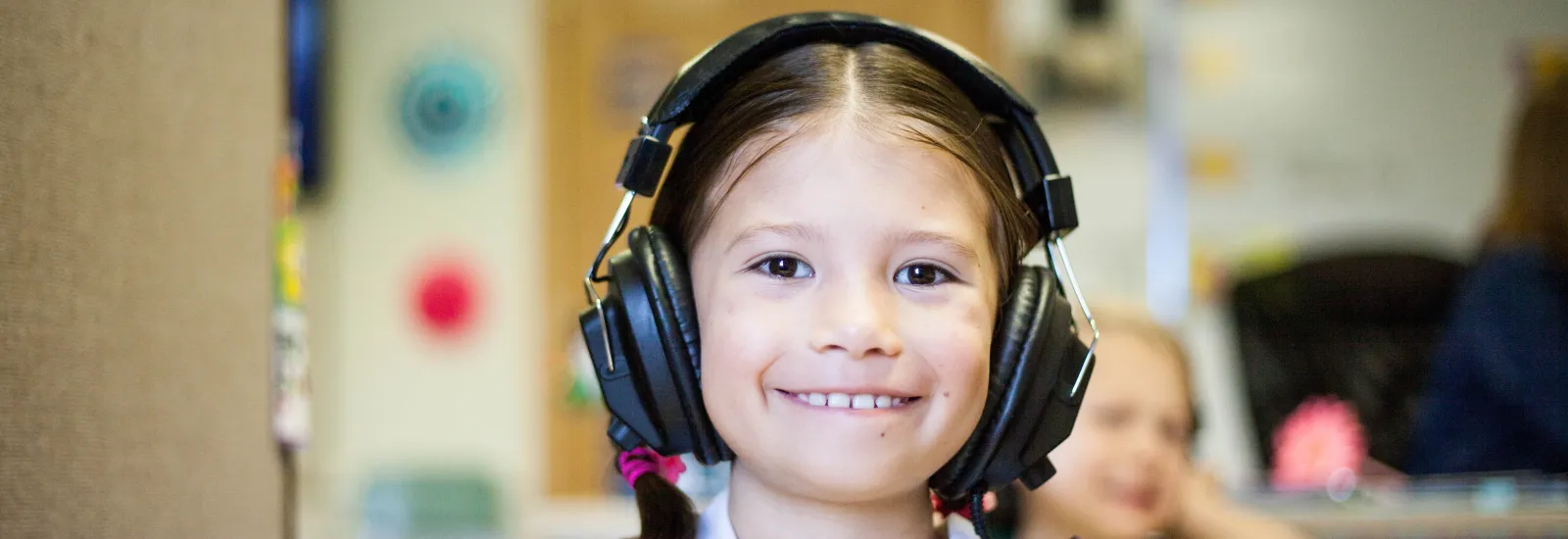
Symptoms of hearing loss in children and teens
It's important to know the signs and symptoms of hearing loss in children especially young children. Even temporary hearing loss such as that caused by a loud noise or chronic middle ear pathology can go beyond childhood and negatively affect your child's hearing into adulthood. Hearing loss can also impair your child's normal speech development so it's important to get your child treated as soon as possible if you suspect hearing loss. Here are some of the common symptoms and causes of hearing loss in children and teens.
Signs and symptoms of hearing loss in babies and young children
The American Academy of Pediatrics advises if your baby or child of any age shows any signs of hearing loss make an appointment immediately with your pediatrician to determine the source and start a course of treatment.
For example if infants don't startle at a loud noise by one month of age turn toward a loud noise or notice you until you enter their line of vision by three to four months of age they may not hear properly.
In toddlers and even young children a main warning sign for hearing loss is speech delay. Often children are hard to understand or only repeat certain sounds. Children with hearing loss may not hear clearly enough to mimic sounds properly for speech. According to the American Speech-Language-Hearing Association if you notice your child does not use the quieter speech sounds of "s" "sh" "f" "t" and "k" there may be a hearing difficulty. Children with a hearing problem may also speak too loudly or not loud enough indicated by different types of hearing loss.
When school-age children don't always respond when called upon hear some sounds but not others or if there are problems at school a hearing screening is in order.
Noise-induced hearing loss growing in older children
You may think teenagers not listening is par for the course but the National Institute on Deafness and Other Communication Disorders advises that repeated exposure to loud noise is a common causes of hearing loss in children and teens. With more and more kids plugging in earphones and listening to loud music both temporary and permanent hearing loss could be a concern. Repeated exposure to sounds at or above 85 decibels can cause hearing loss. And since damage from noise exposure may be gradual kids might not notice it until it becomes more pronounced and permanent affecting their adult life. Research is finding that even when temporary hearing loss from loud noise resolves itself there can still be long-term damage.
The American Academy of Otolaryngology advises that listening to a portable music player with headphones at 60 percent of its potential volume for one hour a day is safe. Inserting ear plugs at loud events can help protect children's ears as well although it may be difficult to properly insert earplugs on children due to the smaller size of their ear canal. In addition if a child has tubes in place as discussed above inserting anything into the ear canal can be dangerous. Pediatric headphones are a good alternative and do a great job at attenuating loud noises to bring the child into a safer level of listening. If you or your doctor suspect hearing loss no matter the child's age the next step is a formal hearing evaluation performed by an audiologist.

